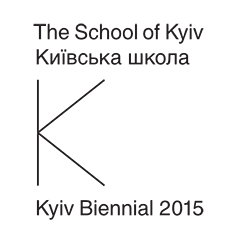CUSTODIAL SETTINGS. Exhibition and discussion project
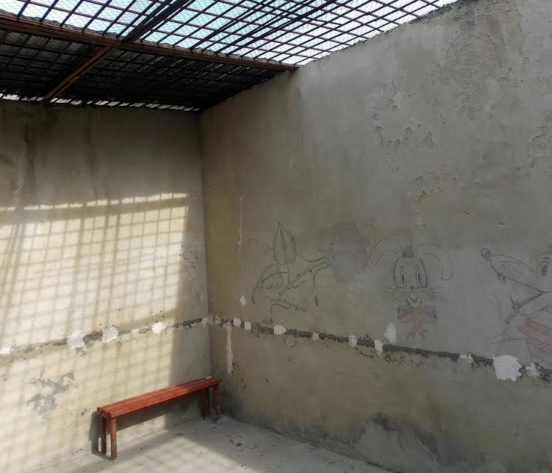
26 June – 9 July 2017
The opening will take place on the International Day in Support of Victims of Torture, June 26, at 19:00.
The exhibition will include documentary photography, video, and audio recordings, made by public monitors from National Preventive Mechanism and Ombudsman Office workers during their short-notice visits to custodial settings.
Restrictions of freedom are often used by the state as an instrument for punishment, rehabilitation, treatment, and care. The classified sites are not only colonies, detention centers, and prisons are, but also orphanages, certain medical facilities, military units, retirement homes, and even airport transit zones. The inequality between the mentors and the mentees seems natural to those who are on this side of the wall. We know almost nothing about the life “there,” as the detainees, who choose to complain about their living conditions, or about the way the penitentiary system workers treat them, can be punished even more severely.
In 1987, the Ukrainian SSR ratified the Convention against Torture and Other Cruel, Inhuman or Degrading Treatment or Punishment. In 2002 it was complemented by Optional Protocol, which required the establishment of a national preventive mechanism (NPM). Its key point was the introduction of regular systematic visits of custodial facilities by NPM monitors, to be carried out at short notice, presuming the right to document the observed. Hence, by being mandated to visit custodial settings, the NPM monitors mediate between lives “on this and the other side.”
Curators: Ruslana Koziienko, Natalka Neshevets
Design by Oksana Briukhovetska
The exhibition is open: Tue–Sun, 13:00–20:00. Monday – closed.
Discussions, lectures, and screenings will take place within the project. The program will be announced further.
On the 26th of June, at 14:00 the results of custodial settings monitoring in Ukraine will be presented at Visual Culture Research Center. The discussion about the situation with torture at such places will follow with participation of Kateryna Chumak (Head of NPM department at the Ombudsman Office), Maryna Homenyuk (NPM monitor, program coordinator at “Ukraine without Torture” NGO), Tetyana Pechonyk (NPM monitor, Head of Human Rights Information Centre board), Yevhen Levantsov (member of NPM department team at the Ombudsman Office).
Admission is free
Supported by: International Rennaissance Foundation within Human Rights and Justice program
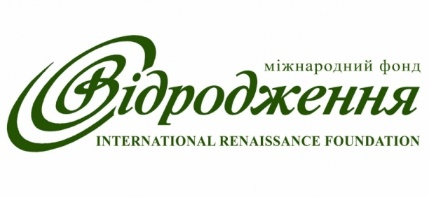
ERSTE Stiftung and Charles Stewart Mott Foundation
Ukrainian Parliament Commissioner for Human Rights
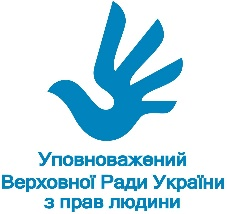
Organizers: Human Rights Information Centre, Expert Center for Human Rights, National Preventive Mechanism, and Visual Culture Research Center
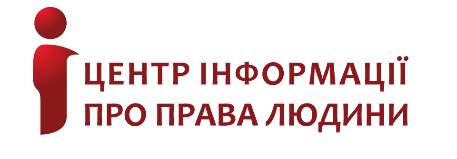
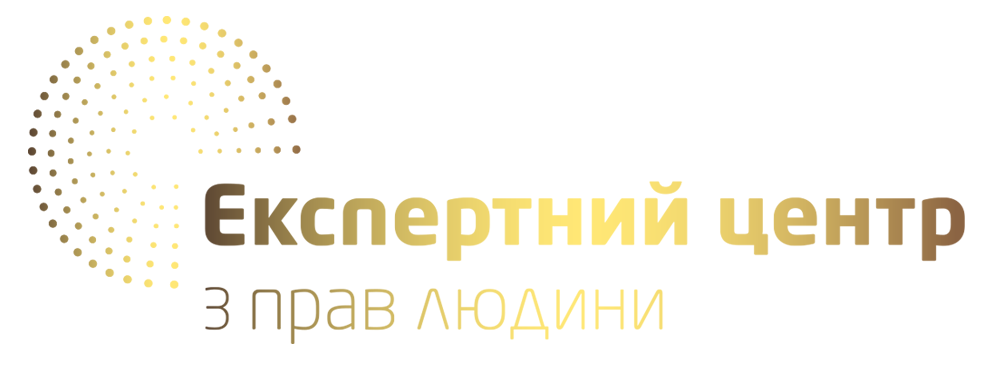
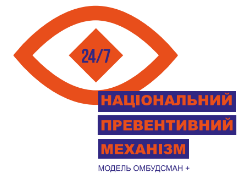
Media partners:
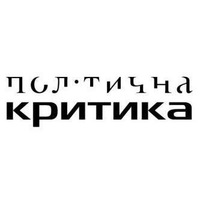
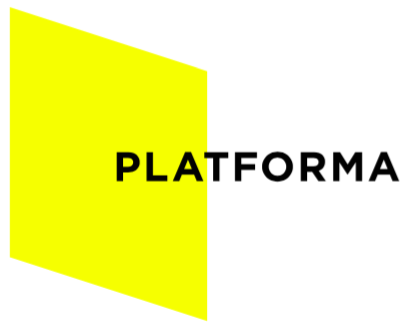
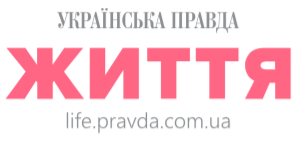
![]()
CUSTODIAL SETTINGS: Program of events
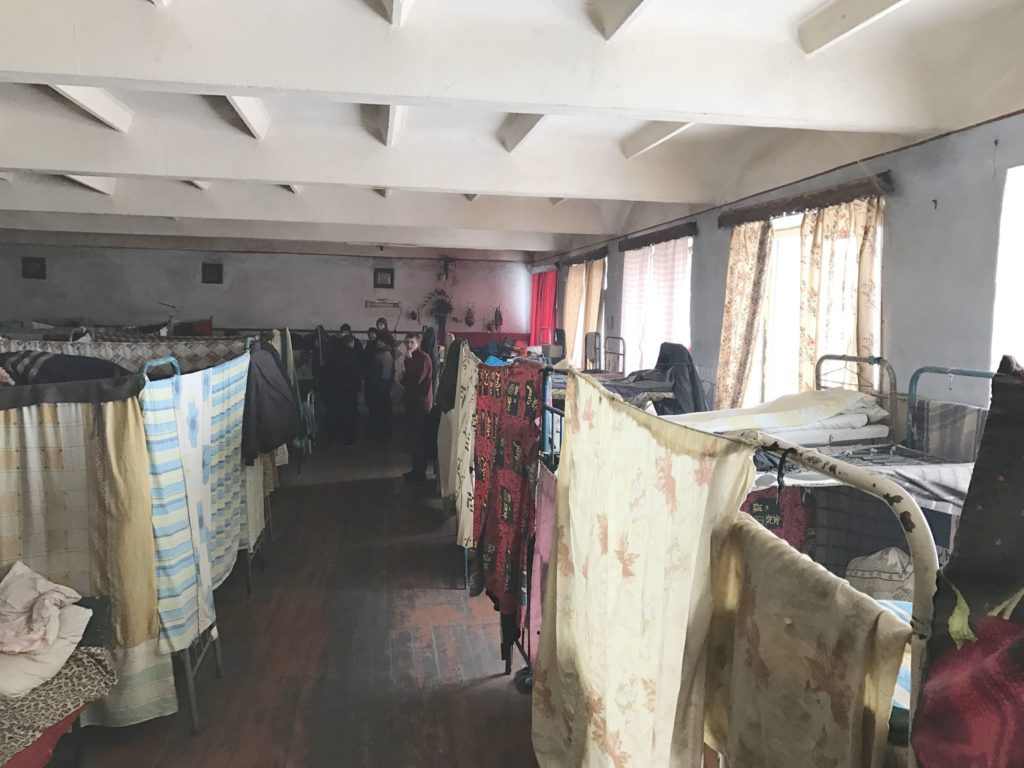
July 1, 19:00
Discussion: Penitentiary System in Ukraine: Principles, Mechanisms, Alternatives
According to experts, nearly 10 % of the convicted, who serve their sentence, are not guilty. They have practically no chance for a just post-conviction review. At the detention centers, correction centers, and prison colonies of minimum, medium, or maximum security levels, all those institutions we usually call “prison” or “jail,” the inhuman treatment of the detained and unpunished violence on part of the administration are very common. Consequently, being driven to despair, prisoners are ready to inflict injury on them, or even commit suicide, which is basically their only chance to draw our attention to inhuman detention conditions.
During the debate we will discuss the penitentiary system in Ukraine and principles of its work; whether there are alternatives to such approach around the world; a practical dimension of the problems, faced in custodial institutions; social stereotypes about former prisoners and criminals and role of the penitentiary system in this kind of stereotyping.
Participants:
Anastasia Ryabchuk, sociologist, post-doctoral research fellow at the Centre for Social Change, University of Johannesburg
Andriy Didenko, an expert at Kharkiv Human Rights Protection Group, a former prisoner. Oleksandr Fedoruk, penitentiary system expert at Association of Ukrainian Human Rights Monitors on Law Enforcement. Maksym Butkevych, coordinator of “No Borders” project at “Social Action Center” NGO.
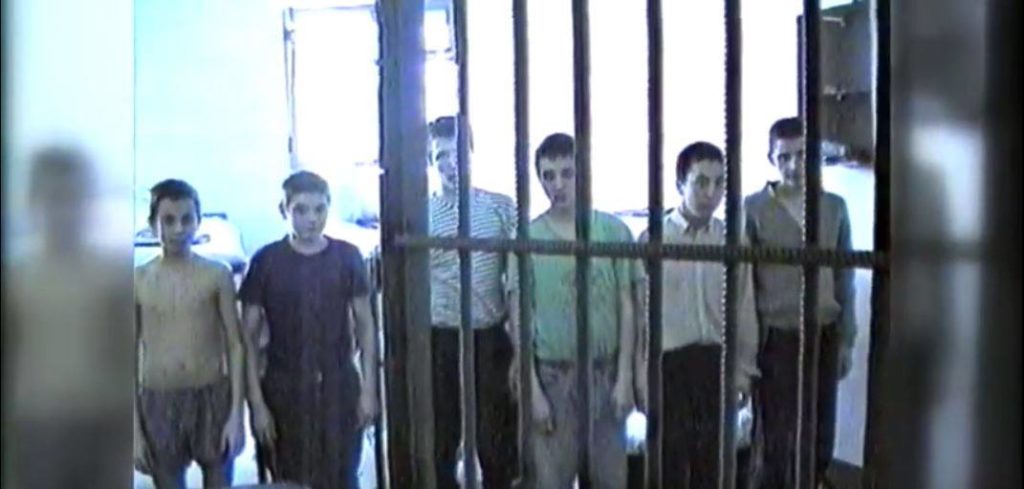
July 2, 19:00
EXPERIMENTUM CRUCIS. Film screening and discussion
Documentary film Experimentum Crucis tells a story of the everyday life at Kazakh juvenile prison. Cameraman and one of the film directors, Taras Popov, used to work as a psychiatrist at this prison in 1983–1995. High level of credibility between the protagonists and the author gives the opportunity to see the establishment, order, and relationships within the colony, learn about life and death practices of its residents.
Experimentum Crucis, 1995, 52’
Directors: Taras Popov, Volodymyr Tyulkin
Country: Kazakhstan
The discussion will be focused on the issues in filming at closed institutions: what ethical questions and practical difficulties can arise before the film crew?
Participants:
Illya Gladshtein, co-founder and program director of the International Festival of Film and Urbanism “86.” Nataliya Mashtaler, documentary filmmaker.
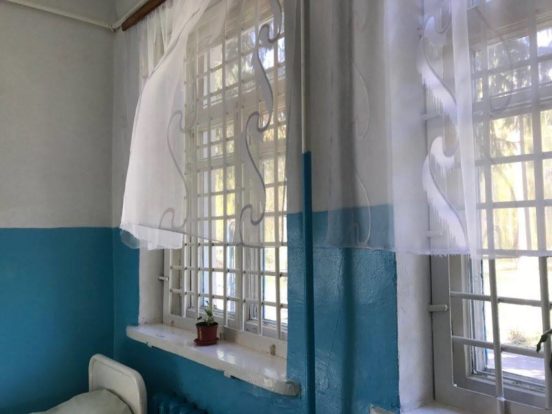
July 5, 19:00
Discussion: Psychiatric Delirium, or Every-Day Life at Psycho-Neurological Institutions
The structure of space – grating, bad living conditions, restriction of private space to the size of the bed – makes psycho-neurological foster homes and mental health institutions similar to detention centers or correctional facilities. This is accompanied with the fact that residents of such institutions, who are considered to be disabled, cannot act as full-fledged subjects – use their pensions, dispose of their property, and even defend their own dignity. According to the law, they can complain about their living conditions, but in a very dubious way – through their custodian, who is usually the head of the mental institution itself. It seems that the main function of psychiatric asylums is to isolate their residents, as the latter ones live in prison conditions.
Participants:
Larysa Samsonova, NPM monitor, head of the “Rodyna” fund board. Olena Tsarenko, television journalist, social manager at the Coalition for the Protection of the Rights of Persons with Disabilities and Intellectual Disabilities. Volodymyr Shurduk, psychiatrist, forensic psychiatric medicine expert, chief consultant at the Ukrainian Parliament Commissioner for Human Rights office.
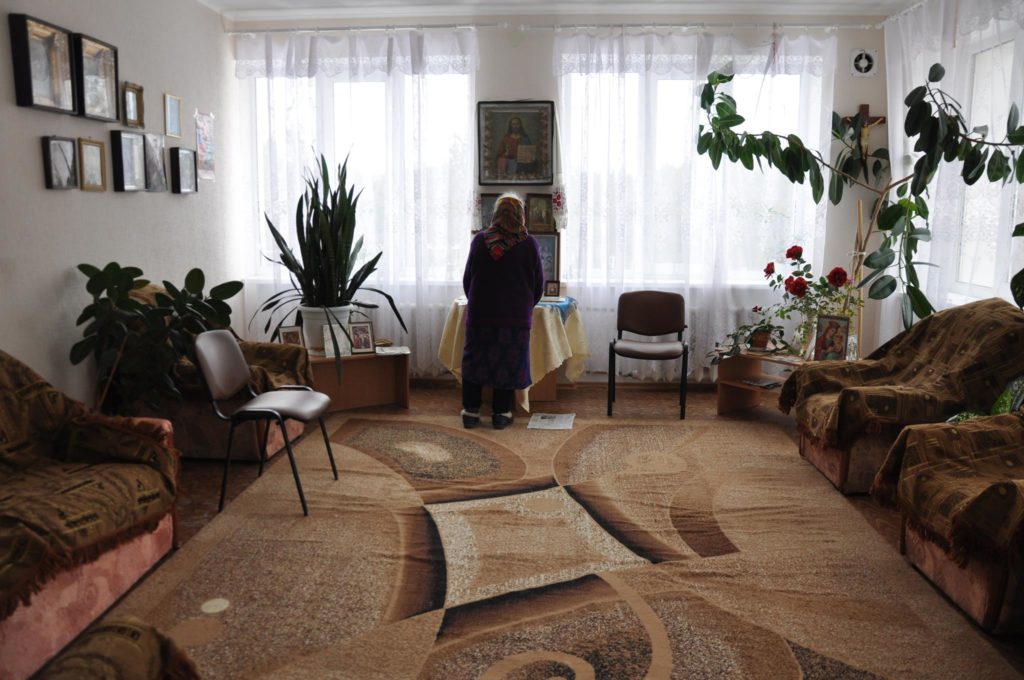
July 7, 19:00
Discussion: From Baby to Adult: Whom is Social Care Being Oriented to?
Such basic things as public transport, comfortable public space, subsidized loans etc., remain the privilege of capable and employable individuals. Vulnerable populations, such as the elderly, the disabled, orphan children, can only hope for charity. As we know, foster homes receive much more attention and help from benefactors. At the same time, geriatric homes, nursing homes for the elderly and the disabled, as well as hospices are left out of public attention.
The purpose of the discussion is to draw attention, discuss and understand what a concrete person or organization can do to ensure the rights of such institutions’ residents and improve their living conditions. As well as talk about the phenomenon of aging in Ukraine and in the world.
Participants:
Maryna Homenyuk, NPM monitor, program coordinator at “Ukraine without Torture” NGO. Maryna Maslova, researcher of the quality of life in later years, head of EXECUTIVE MBA at Kyiv-Mohyla Business School.
Olena Temchenko, deputy director of the NPM department at the Ukrainian Parliament Commissioner for Human Rights office
Oksana Dutchak, sociologist, a Ph.D. candidate at the Department of Sociology at Igor Sikorskyi Kyiv Polytechnic Institute, a researcher at the Center for Social and Labor Research.
The Custodial Settings exhibition is open at Visual Culture Research Center untill the 9th of July. It includes documentary photography, video, and audio recordings, made by public monitors from National Preventive Mechanism and Ombudsman Office workers during their short-notice visits to custodial settings.
Curated by Ruslana Koziienko, Natalka Neshevets.
Design by Oksana Briukhovetska.
The exhibition is open: Tue–Sun, 13:00–20:00. Monday – closed.
Admission is free
Supported by: International Rennaissance Foundation within Human Rights and Justice program

ERSTE Stiftung and Charles Stewart Mott Foundation
Ukrainian Parliament Commissioner for Human Rights

Organizers: Human Rights Information Centre, Expert Center for Human Rights, National Preventive Mechanism, and Visual Culture Research Center



Media partners:



![]()
Lecture by Jean-Marc Stébé
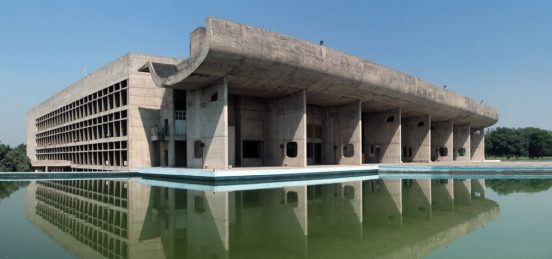
Thursday, 15 June 2017, 19:00
Journey to the Ideal Cities’ Core:
From Ancient to Present Time
Since ancient time people have been making projects of ideal cities, in which they reflected their conceptions of beauty, coherence, and virtue, as well as architectural harmony and social justice. Their authors believe that architecture of a form can not only change the life of people by making it more comfortable but also change the society as a whole. However, urban utopia, as every other one, can sometimes depersonalize and oppress human individuality.
Jean-Marc Stébé is Professor of Sociology at the University of Lorraine (Nancy, France). He studies social and spatial fragmentation and urban utopias. He authored such books as Social Housing in France, Urban Sociology, What Is Utopia?, The Suburban Crisis.
This lecture is a continuation of the program Social Inequality, Parity and Urban Care: From Reality to Utopia, developed by the French Institute in Ukraine.
Working language is English with consecutive interpretation into Ukrainian.
Admission is free
Organizer: Institut français d’Ukraine
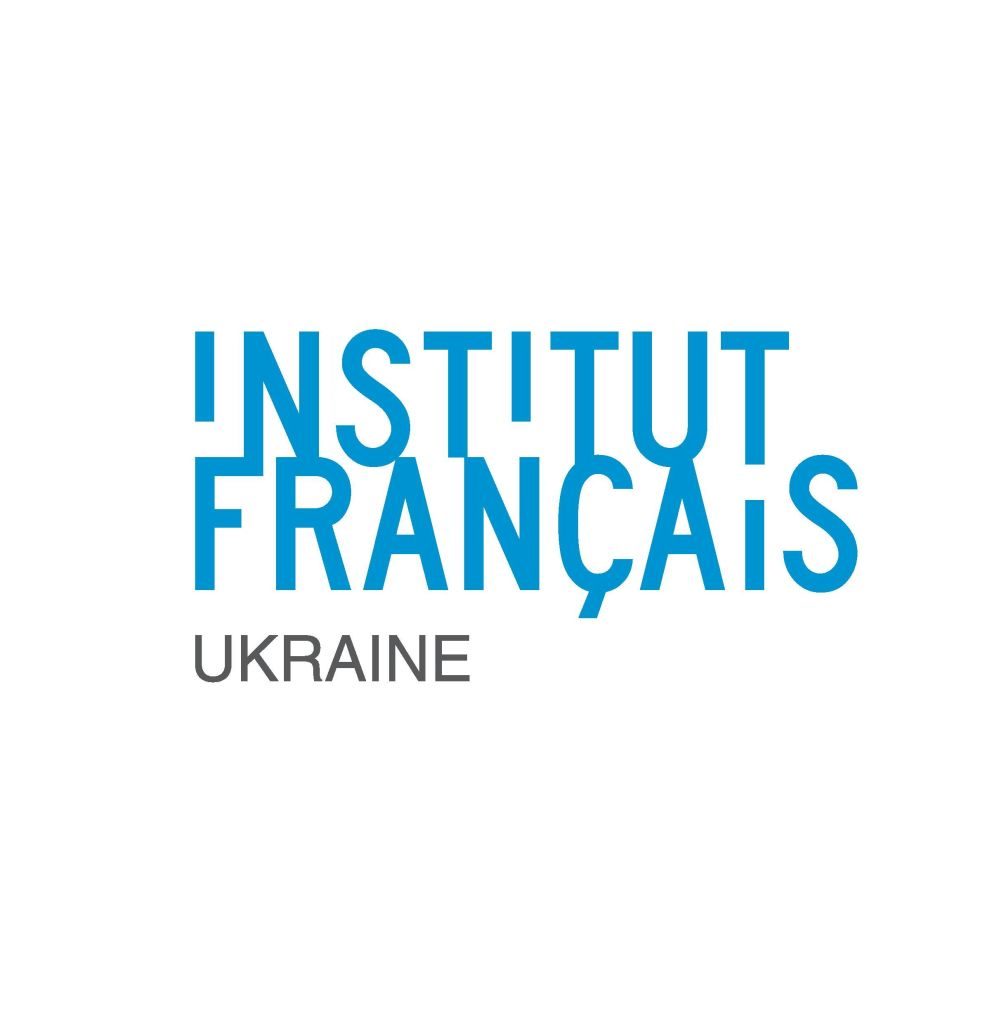
Supported by: ERSTE Stiftung and Charles Stewart Mott Foundation
Visual Laboratory by Anastasiya Shulgina
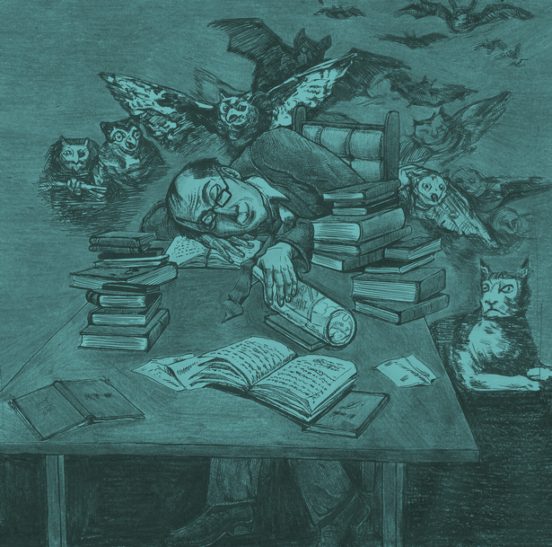
(c) Oksana Nesenenko, 2010
Thursday, 1 June 2017, 19:00
Deviant Figure on the Soviet Screen
Until recently, the marginal culture of USSR has not been the subject of historical and cultural research. The representation of social deviations in Soviet historiography was one-sided, as they were rather described in the context of irreversible “elimination of plague,” considered to be a relic, or a metastasis, of the capitalist past. Today, due to the availability of certain documents, as well as the westernization of research methods, the situation has considerably changed. Now the study of deviant behavior, particularly in film theory, gives the opportunity to recreate the specificity of everyday culture of the past era in more comprehensive ways.
As a deviation, alcoholism, with its typical everyday manifestations, has been transformed into an ambiguous and recognizable cinematic figure of a “boozer.” Anastasiya Shulgina will consider the ways and strategies of alcoholics depiction in the Soviet cinema, as well as the widespread myths around the image of alcoholism.
Anastasiya Shulgina is a film researcher, filmmaker, graphic designer, and Fellow Researcher at Maksym Rylskyi Institute of Art History, Folklore Studies, and Ethnology (National Academy of Sciences of Ukraine).
Visual Laboratory was founded at Visual Culture Research Center in 2010 as a platform for presenting and discussing research projects from various fields of humanities with a special focus on visual studies. Its format allows reviewing both, accomplished and ongoing projects by way of exposing the process of research, and engaging everyone interested into the production of common knowledge.
Admission is free
Supported by: ERSTE Stiftung and Charles Stewart Mott Foundation
Premiere screening of the film Enjoy by Valeriy Balayan
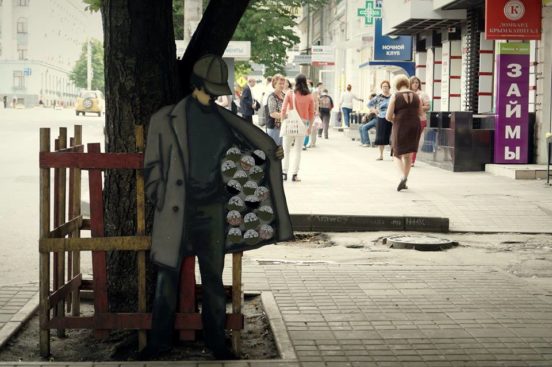
Tuesday, 30 May 2017, 19:00
Enjoy is a documentary film about street artist from Crimea. In his works Enjoy criticizes the authorities of the occupied Crimea and Russia and declares ideas that are removed from public discourse. The local authorities consider his installations and murals a crime.
The artist’s actual name is not revealed for his safety reason.
Enjoy, 20,’ 2016
Directed by Valeriy Balayan
Produced by Svitlana Zinovyeva
Music by Raggasapiens and OstupUZ
Production: Inspiration Films, supported by Ukraine State Film Agency within the frameworks of Contours project, 2016.
The discussion with the director and the protagonist will take place after the screening.
Admission is free
Supported by: ERSTE Stiftung and Charles Stewart Mott Foundation
Poetry reading by Anna Halberstadt
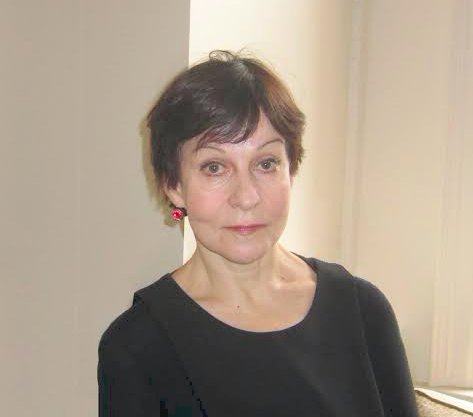
Monday, 22 May 2017, 19:00
Anna Halberstadt is a poet and translator. She has lived in New York since 1980, but was raised in Vilnius and moved to Moscow at the age of 18 to study psychology at Moscow State University.
The main issues she raises in her poetry are Soviet past, remembrance and forgetfulness, trauma of immigration, growing up as a child of Holocaust survivors, living in three countries (Lithuania, Russia, U. S.). She mostly writes in English, sometimes in Russian, translates from Lithuanian to English.
Halberstadt is a member of American PEN Centre, author of such poetry collections as Vilnius Diary and Transit. In 2016 she received Merit Award in Poetry from Atlanta Review.
At the event she will read her poetry in English. You will also hear Ukrainian translations of her works made by Tetyana Rodionova.
Admission is free
Organizer: VERBation translator’s group

Partner: Visual Culture Research Center
Supported by: Foundation for Contemporary Arts (New York, USA), Litcentr, ERSTE Stiftung and Charles Stewart Mott Foundation
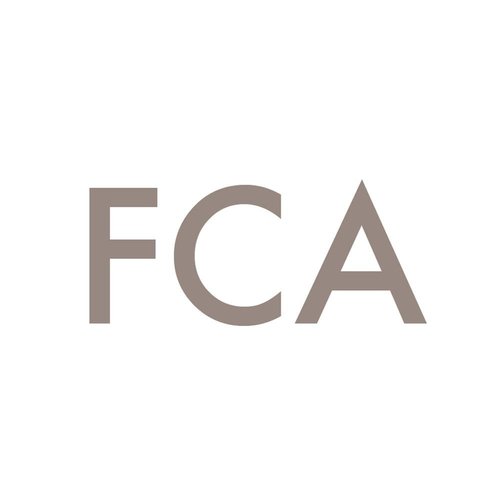
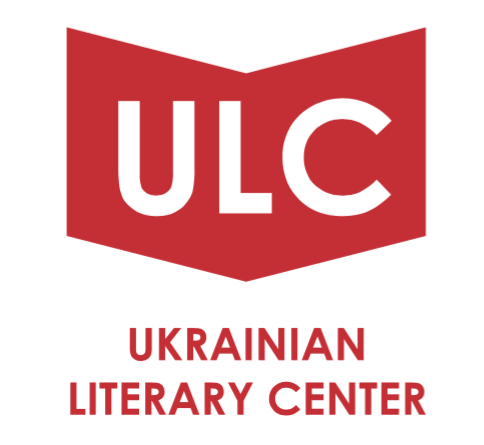
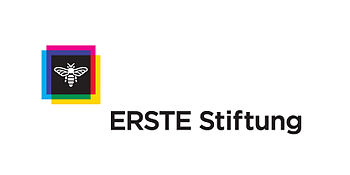
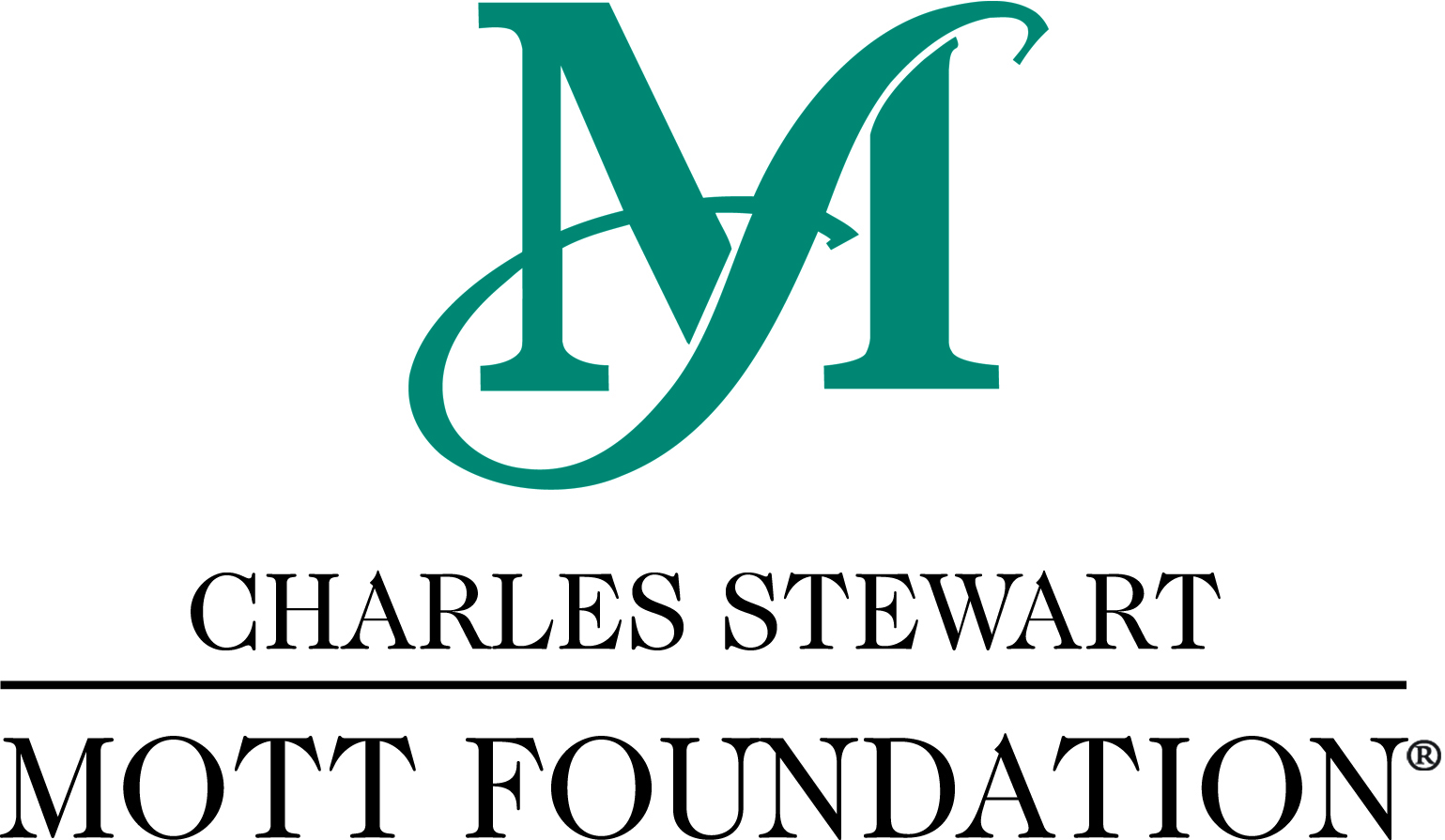
Poetry reading by Eileen Myles and presentation of her collection Selected Selected
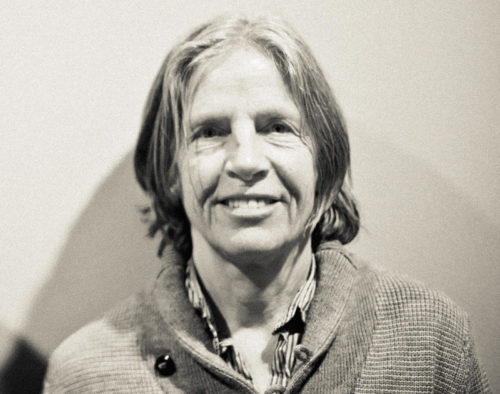
Sunday, 21 May 2017, 19:00
Selected Selected is a short version of Eileen Myles’s book New & Selected Poems published in USA in 2015. Russian translation was done by the poet and translator Anna Halberstadt, who will be also present at the event.
Eileen Myles is a poet, novelist, performer, art journalist and LGBT activist. She is the author of nineteen books including I Must Be Living Twice: New & Selected Poems and a re-issue of Chelsea Girls in 2015.
Eileen Myles is the recipient of a Guggenheim Fellowship in non-fiction, and Andy Warhol/Creative Capital art writers’ grant, four Lambda Book Awards, the Shelley Prize from the PSA. In 2016 she received a Creative Capital grant and the Clark Prize for excellence in art writing. She lives in Marfa, TX and New York.
Eileen Myles will read her poetry in Kyiv for the first time.
Admission is free
Organizer: VERBation translator’s group

Partner: Visual Culture Research Center
Supported by: Foundation for Contemporary Arts (New York, USA), Litcentr, ERSTE Stiftung and Charles Stewart Mott Foundation




Exhibition TEXTUS. Embroidery, textile, feminism
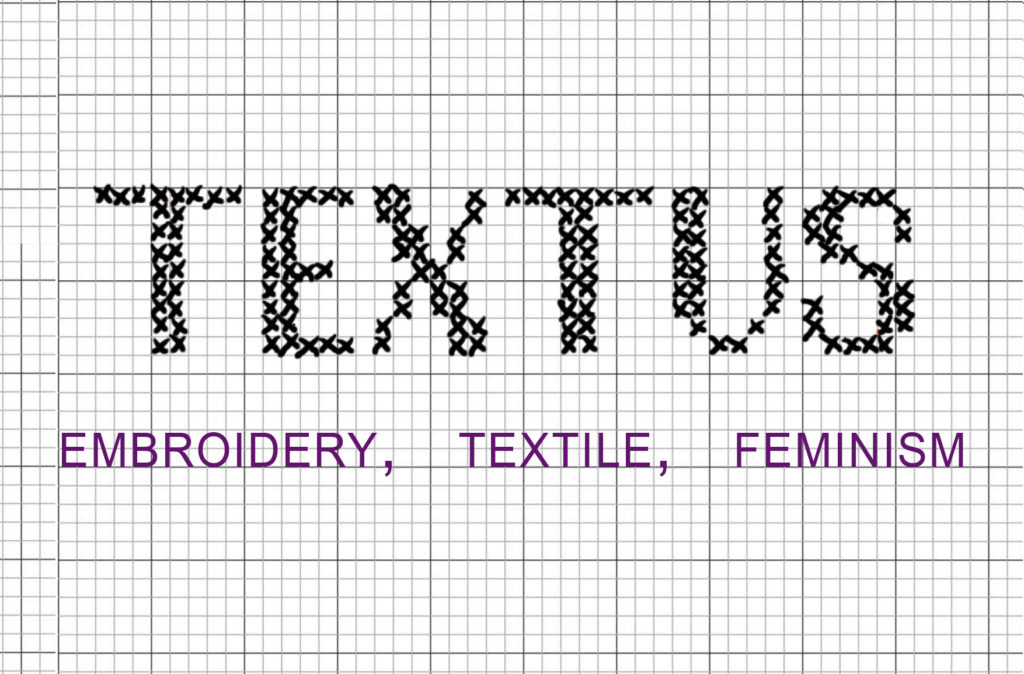
March 8 – April 9, 2017
Opening on Wednesday, March 8, at 18:00
The words “textile” and “text” come from the Latin word textus, meaning “fabric,” “connection,” and “interwoven.” Our culture evolved in such a way that it was mostly men who interwove words to create texts, as words and language became carriers of power and law. The interweaving of threads was reduced to “women’s” work, an unexceptional craft compared with the intellectual “weaving of words.” Its function – to decorate, provide warmth and comfort, was synonymous with the role assigned to women in traditional cultures. Despite the technical complexity and visual richness of some textile and embroidery techniques, because of the word “feminine” these works were not considered on par with painting.
This attitude towards “female” techniques is consonant with the attitude towards women’s labor in general. Women earn less than men, and housework and caring for children, which in most cases falls on the shoulders of women, is unpaid and often goes unnoticed and unappreciated.
Embroidery and textile are becoming increasingly popular mediums in contemporary art world. But in conservative societies, embroidery and textile are still seen as having decorative functions and are presented as women’s hobbies where you copy ready patterns, thus having a somewhat discriminatory connotation.
That is why “female” techniques became important representations of feminist art. The exhibition TEXTUS. Embroidery, Textile, Feminism demonstrates how these techniques, by becoming mediums for reflection and critical expression, are undermining the hierarchy of artistic practices.
The exhibit explores this layer of art through the work of contemporary Ukrainian women artists. Presented through embroidery and textile, viewers are offered to read it as a narrative, returning to the original meaning of the word textus.
The works presented in this exhibit and the accompanying lectures and discussions will focus on women’s rights in Ukraine and the post-Soviet space, the issues of women’s labor, and identity in art and society.
Curator: Oksana Briukhovetska
Participants: Oksana Briukhovetska, Kseniya Gnylytska, Alina Kleytman, Alina Kopytsya, Tetiana Kornieyeva, Iryna Kudrya, Valentyna Petrova, Anna Shcherbyna, Sewing cooperative “Shvemy,” Anna Sorokovaya, Iryna Stasyuk, Olesya Trofimenko, Sofia Vremennaya, Anna Zvyagintseva
Admission is free
Opening hours: Tue–Sun, 12:00–20:00. Monday – closed.
Organizer: Центр візуальної культури
Supported by: ERSTE Stiftung and Charles Stewart Mott Foundation
Jakob Preuss: Film screening and discussion with the director
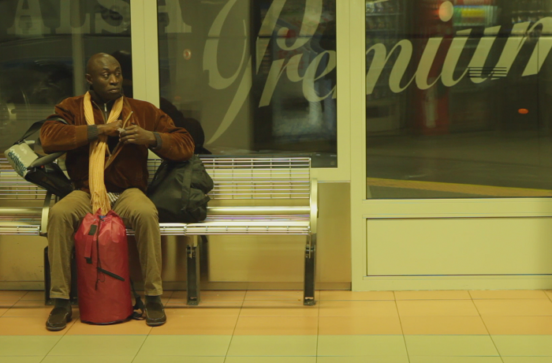
Thursday, 30 March 2017, 19:00
Screening of the film
When Paul Came Over the Sea – Journal of an Encounter
Paul has made his way from his home in Cameroon across the Sahara to the Moroccan coast, where he now lives in a forest waiting for the right moment to cross the Mediterranean. This is where he meets Jakob, a filmmaker from Berlin, who is filming along Europe’s borders. Soon afterwards, Paul manages to cross over to Spain on a rubber boat. He survives – but half of his companions die on this tragic 50-hour odyssey. Held for two months in a deportation centre, upon his release Paul meets Jakob again at a shelter for migrants in Southern Spain. When Paul decides to continue on to Germany, Jakob has to make a choice: will he become an active part of Paul’s pursuit of a better life, or remain a detached documentary filmmaker?
CREW
Director: Jakob Preuss
Producer: Jakob D. Weydemann, Jonas Weydemann
Camera man: Juan Sarmiento G.
Editor: Franzisca von Berlepsch, Karoline Vielemeyer
Sound: Jakob Preuss, Julian Cropp, Stephan Franz
Jakob Preuss, born 1975 in Berlin, is a documentary filmmaker. His films, shot in Iran, Bosnia, and Ukraine, have been shown in over ten countries and screened at numerous festivals. His first film The Other Chelsea won the First Steps Award and the Grimme Award in Germany. In addition to his activities as a filmmaker, Jakob Preuss is also engaged in political work. In 2014 Jakob co-founded the initiative Geht Auch Anders, whereby artists engage with political issues and take a stance. Since 2014, he has been regularly invited to speak as a expert on migration, a direct result of the four years of research he conducted for When Paul Came Over the Sea. Preuss holds a law degree from the Sorbonne in Paris and a Masters’ degree from the College of Europe, Natolin.
Admission is free
Supported by: ERSTE Stiftung and Charles Stewart Mott Foundation
Experimental music concert Noise Isolation
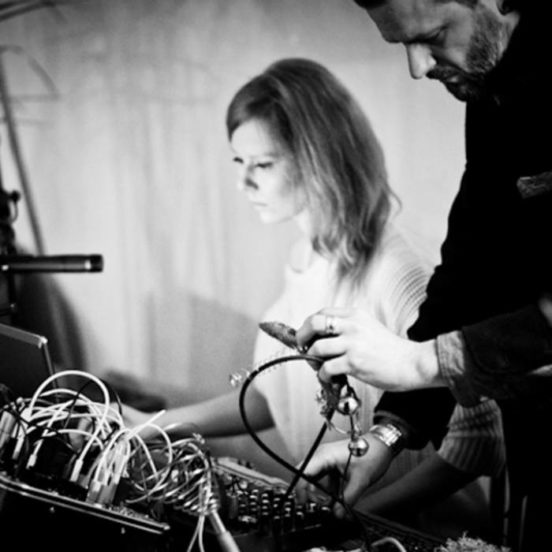
Saturday, 1 April 2017, 19:00
Visual Culture Research Center and Political Critique invite you to the concert from Freak Friendly DIY label.
Participants: Jelena Glazova (Riga, Latvia), Ujif_notfound (Kyiv), XAH (Donetsk), and Bobryk (Kyiv).
Jelena Glazova is a sound artist/visual artist and poet based in Riga, Latvia. She works in the interdisciplinary areas of contemporary art, combining in her works image, poetic text, experimental sound and installation. Her experimental music activity field is noise/drone, usually constructed from processed vocals. She started her career as a musician in 2012 and has since collaborated with such music experimentalists as Derek Holzer, Alexei Borisov, Ernesto Estrella, and others.
Ujif_notfound is a stage name of Kyiv media artist Heorhiy Potopalskyi. His main activity is the creation of multimedia systems based on the algorithm of the kinetic relationship between man and the program. His live performances are based on the generation of audio and visual streams in real time. By controlling the pre-written programs (patches) Ujif_notfound, with each new startup, creates an unique audiovisual space, which can only exist during the performance and is impossible to be recreated.
XAH and Bobryk are young Ukrainian projects. XAH is a harsh noise emanation of SCHPERRUNG band members from Donetsk. Bobryk is a project of Freak Friendly DIY label boss Valentyn Nusimov.
Freak Friendly DIY is an independent label of experimental music founded in 2009. Since that time the label has produced over 40 releases, organized dozens of concerts with participation of international artists.
Admission is free
Organizers: Freak Friendly DIY, Visual Culture Research Center.
Supported by: ERSTE Stiftung та Charles Stewart Mott Foundation

